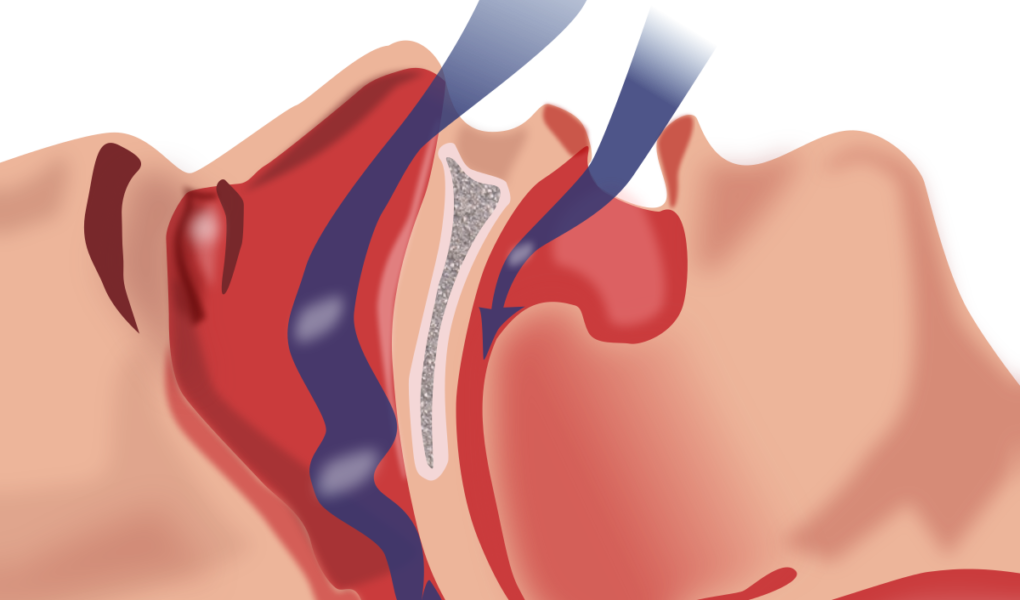A good night’s sleep gives your body the rest it requires. However, if you sleep through the night and wake up feeling tired and stressed, chances are you are suffering from a sleeping disorder. Sleep apnea is a severe condition, which robs you of the therapeutic nature of sleep, and has a number of harmful side-effects as well. And because the condition has been linked to several health problems, it is important to identify them before the issue really takes hold.
Table of Contents
Memory Loss
Sleep apnea limits the supply of oxygen to your brain, which is why people with this condition often wake up with splitting headaches. The reduced amount of oxygen causes a host of problems to your cognitive functions. Sleep apnea can cause issues such as impaired motor skills, low concentration, and memory loss which can all get worse as the issue takes hold. Research indicates that when sleep apnea goes untreated, the patients will have problems recalling essential details about their lives, so this is an important side-effect to notice.
High Blood Pressure
When you don’t breathe properly, the oxygen in your blood can drop to alarming levels. The body responds by increasing adrenaline to force the heart to pump blood faster. The increased pumping rate constricts the blood vessels and increases your blood pressure. While the body tries to compensate for the low oxygen, it places significant stress on your heart, increasing the chances of getting hypertension. If you already have high blood pressure, sleep apnea can worsen its symptoms. Waking up several times at night is stressful to your body, and sends the hormone system to overdrive; the result is high blood pressure. However, if you get the necessary treatment for sleep apnea, your blood pressure levels should go back to normal.
Gaining Weight
Although not everyone who is obese has sleep apnea, the extra pounds increase the likelihood of being diagnosed with sleep apnea. If you have sleep apnea, you are also more likely to gain additional weight than if you are in the normal weight range. When you are overweight, the accumulation of fat around the neck blocks the airways during sleep. When you do not get a restful sleep, the appetite-regulating hormone will be at low levels, leading to uncontrollable bouts of hunger. This is why larger people who are trying to lose weight may struggle to keep the weight off, so determining what is causing this is very important.
Stroke
Sleep apnea and stroke are closely linked since one can cause the other. For instance, a sleeping disorder increases the risk of stroke, while people suffering from stroke usually have sleep apnea. The two also share a host of health problems from hypertension to obesity and diabetes. Sleep apnea increases the strain on your heart, and you may have an abnormal heart rhythm like atrial fibrillation, which could put you at risk of stroke. It would be best if you dealt with the sleeping disorder before it ruins your body. Stroke can also cause severe damage to your body, and if you already have congestive heart failure, coronary artery, or diabetes, you are predisposed to the condition.
Respiratory Issues
The disruption of breathing during sleep can cause your heart rate to drop and when you wake up, your heart rate accelerates to try to make up for the low oxygen levels. Also, if you do not get enough oxygen throughout your body, some of your organs may start to over-produce chemicals that can induce inflammation in the blood vessels. The inflammation can then cause severe damage to your heart and blood vessels. Sleep apnea is also linked to irregular heartbeats, heart attacks, and heart failure. However, you can manage your breathing at night using CPAP machines or masks from CPAP Direct. These devices prevent blockages to airways and can reduce sleep interruptions, so that you sleep more soundly each night.
Sleep apnea is a severe health condition that requires immediate treatment. If you have any of the other symptoms that are mentioned in this article, it is important that you talk to your doctor about them, as there may be a link between your sleep apnea and other conditions that you may have. Therefore, if you snore or wake up multiple times at night, you should go and see your doctor.










